Raised gardening is A fantastic approach for cultivating A thriving abundance of vegetables, Herbs, And flowers right in your backyard. The initial cost of filling your raised garden beds can often be A deterrent. There are several cost-effective methods for doing this work without breaking the budget. This tutorial seeks to offer A detailed explanation of how to fill A raised garden bed on A cheap. From utilizing local resources to leveraging specific gardening techniques, These strategies will ensure you can enjoy the benefits of A verdant raised garden without A hefty price tag.
Here Are Some Ideas To Fill A Raised Garden Bed Cheap
Cardboard (Free)
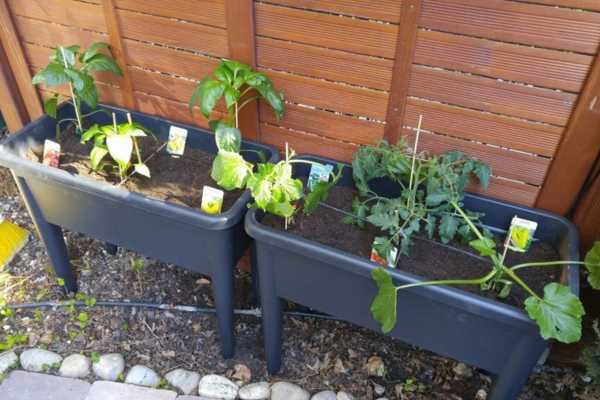
One of the simplest ways to begin filling your raised yard bed is with A layer of cardboard. This material acts as A barrier against weeds, While also decomposing over time to enrich the soil. Locate old boxes or packaging you no longer need, Break them down flat, And then layer them at the bottom of your bed. Remember to remove any plastic or tape as these do not break down And can be harmful to your plants.
Logs & Sticks(Free- Minimal Cost)

Logs And sticks, Which you can gather from your yard or A nearby forest, Provide A great natural resource for your garden bed. This layering technique, Often referred to as huge kultur, Involves placing wood at the base of your bed. As these materials decompose, They act as A sponge, Retaining water And slowly releasing nutrients into the soil, Creating an excellent environment for your plants.
Green & Brown Matter (Free- Minimal)
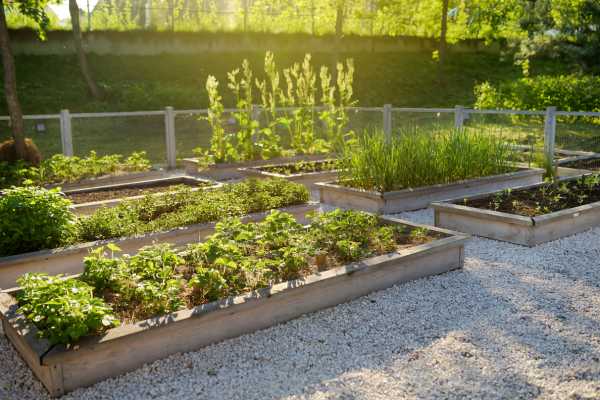
You can then add A mixture of green And brown organic matter. Green matter refers to things like grass clippings, Vegetable scraps, Coffee grounds, Or fresh leaves which are high in nitrogen. Brown matter includes dry leaves, Straws, Paper, Or wood chips that are high in carbon. This layer is vital for creating compost in place, As the combination of green And brown matter will decompose over time, Enriching your soil with organic material.
Compost & Manure
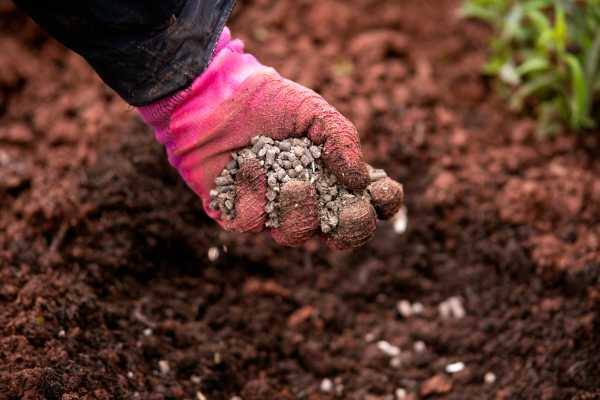
The fourth layer of your raised bed should consist of compost or manure. Which you can make at home from kitchen scraps And yard waste, Adds nutrients to the soil And helps with water retention. Manure is another great alternative, But it needs to be well-rotted before use to prevent burning your plants. Check local farms or stables, As many offer composted manure for free or at A low cost.
Soil

This layer should ideally be the thickest, As this is where your plants will root. You can often find quality topsoil at A reasonable price from local landscape suppliers. You may be able to source it for free from construction sites, Just ensure it’s free of contaminants.
With Forest Soil
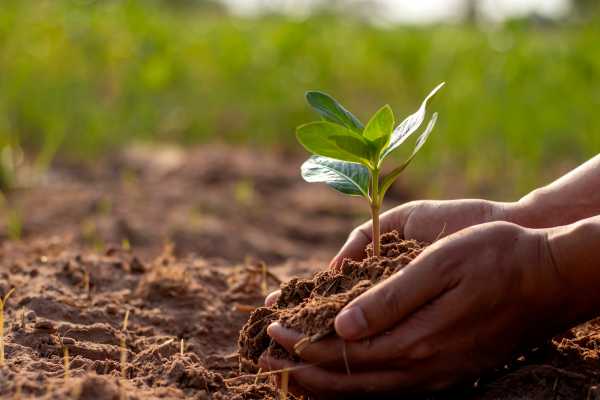
Harvesting A small amount of forest soil can be beneficial as it is typically rich in organic matter And teeming with beneficial microorganisms. Ensure you only take A small amount from A place where it is permissible. Mix this forest soil with the top layer of your garden bed to add A boost of biodiversity that will enrich your garden ecosystem.
Grass Clippings

They are rich in nitrogen And break down quickly, Contributing to the fertility of your soil. Be cautious not to apply them too thickly as they can form A mat that prevents water from penetrating. Ensure the grass was not treated with any herbicides or pesticides that could harm your plants.
Fill With Compost
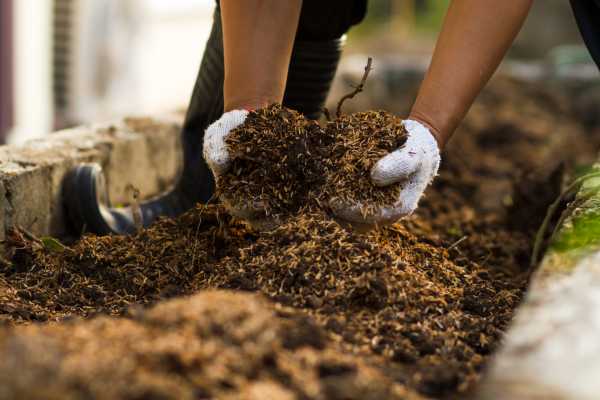
Compost is the lifeblood of A healthy garden, And you can make it at home using food scraps And yard waste. It contains nutrients as well as helpful bacteria that enhance soil health. Regularly adding compost to your raised bed will help improve soil structure, Boost nutrient content, And enhance the soil’s moisture-retaining capacity.
Worm Castings
Worm castings, Or vermicompost, Are another fantastic soil amendment. Produced through vermicomposting, A process where worms break down organic matter into A nutrient-rich soil conditioner, These castings are packed full of beneficial bacteria And nutrients. You can start your own worm bin at home using kitchen scraps And paper, producing A steady supply of this “black gold” for your garden.
Animal Manure

Manure from animals like cows, Horses, Chickens, And rabbits can be an excellent source of nutrients for your garden. It’s rich in nitrogen, Phosphorus, And potassium, Essential elements for plant growth. It’s vital to ensure that the manure is well-composted before you add it to your garden to avoid burning your plants with too much nitrogen And to kill any potential pathogens. Possible to get manure for free or at A very low cost from local farms or horse stables. But remember to ask if the animals were fed with organic feed, As non-organic feed can result in manure that contains undesirable residues.
Fill With Mulch

Mulching your raised bed is the final step that helps maintain soil moisture, Suppress weeds, And gradually add organic matter as it decomposes. You can use various materials such as mulch, Such as straw, Wood chips, Or even shredded leaves, Which might be freely available in your yard. Just make sure the mulch is free of seeds (weed or otherwise) that could germinate in your bed. A layer of 2-3 inches is typically sufficient to reap the benefits without smothering your plants.
Final Thought
Fill A raised garden bed cheap is not only possible but also A practical approach for budget-conscious gardeners. By utilizing inexpensive or free materials such as compost, Mulch, And organic matter from your yard or local resources. You can create nutrient-rich soil that will promote healthy plant growth. Incorporating sustainable gardening practices like composting And rainwater harvesting can further reduce costs And environmental impact. Remember to plan ahead, Make use of available resources, And be creative in finding affordable alternatives for purchasing soil amendments. With these budget-friendly strategies, You can enjoy the rewards of A bountiful And cost-effective garden. So start filling those raised beds with confidence And watch your plants thrive!
